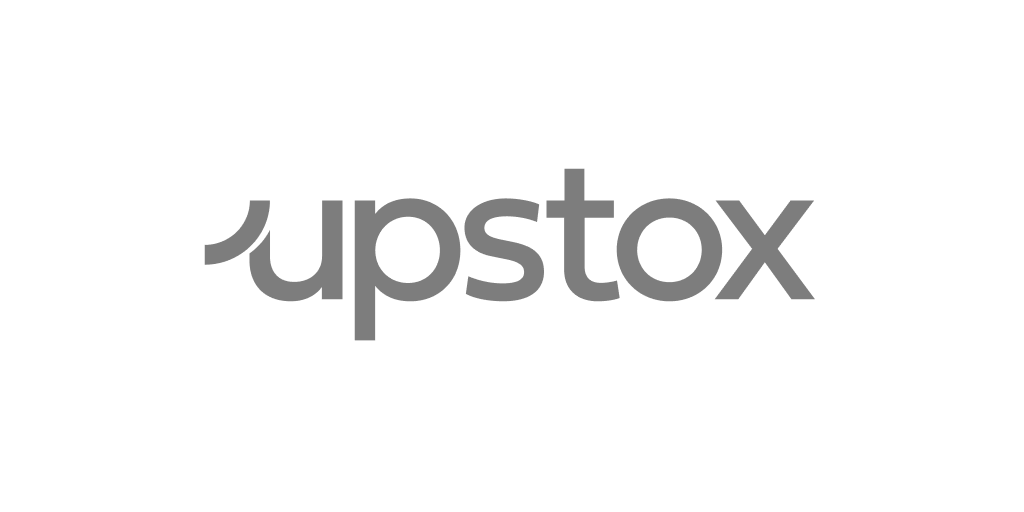Qualified Institutional Buyers In IPO
In an initial public offering (IPO), a company raises capital by selling its shares to the public for the first time. The success of an IPO is crucial for the company’s growth and long-term success. Retail investors, anchor investors, High Net Worth Individuals (HNIs), and Qualified Institutional Buyers (QIBs) are the four basic categories of investors in an IPO. And QIBs play an important role in the company’s IPO. Institutional investors, such as mutual funds, pension funds, insurance companies, and banks, collectively known as Qualified Institutional Buyers (QIBs), are considered as Qualified Institutional Buyers in India.
In this article, we will look into qualified institutional buyers in IPO.
What are QIBs?
QIBs are institutional investors who have the financial resources and expertise to evaluate the potential of the company going public. They must be registered with SEBI.
They are important in the IPO process because they provide a substantial portion of the funding required for the IPO. Their participation gives confidence to other investors, including retail investors, to participate in the IPO. QIBs are usually given a discount on the offer price and can purchase large blocks of shares, which can help ensure a successful IPO.
There can be a subcategory of “anchor” investors under this category. These investors participate in the IPO before it becomes available to the general public. Their applications must be for more than ₹ 10 crores, and anchor investors can only get up to 60% of the QIB portion.
For QIBs, the allocation is based on a proportion, but for anchor investors, it is up to them and depends on each case. They are both locked in for 30 days after the IPO is listed. Also, they are not permitted to submit bids at the cut-off price.
According to DIP Guidelines clause 2.2.2B (v), a “Qualified Institutional Buyer” shall mean:
- a) a public financial institution as defined in section 4A of the Companies Act, 1956;
- b) a scheduled commercial bank;
- c) a mutual fund registered with the Board;
- d) a foreign institutional investor and sub-account registered with SEBI, other than a sub-account which is a foreign corporate or foreign individual;
- e) a multilateral and bilateral development financial institution;
- f) a venture capital fund registered with SEBI;
- g) a foreign venture capital investor registered with SEBI;
- h) a state industrial development corporation;
- i) an insurance company registered with the Insurance Regulatory and Development Authority (IRDA);
- j) a provident fund with a minimum corpus of Rs. 25 crores;
The working of QIB in IPO
When Indian enterprises of all sizes were eager to expand their operations swiftly, the Securities and Exchange Board of India (SEBI) created the concept of QIBs. Through QIB, these Indian businesses could begin doing business abroad, benefit from a regulatory framework that was less strict than in India, and bring in employment along with foreign currency.
A qualified institutional buyer invests in the issuing company’s qualified institutional placement (QIP). Listed firms can raise money through the QIP by selling securities to institutional investors. The allocation in QIP is managed by a SEBI-licenced merchant banker acting on behalf of institutional purchasers who have performed due diligence. Additionally, these merchant bankers allocate the funds in accordance with Chapter VIII of the 2009 SEBI (ICDR) Regulations.
Rules and Regulations
There are several rules that monitor and guide the operation of QIBs. The following are the most important ones:
Any domestically traded firm that is publicly traded may place its securities with reputable QIBs. However, a listed firm cannot raise money through the Qualified Institutional Buyer method if it does not have equity shares listed on stock exchanges and does not adhere to the required minimum public shareholding patterns.
SEBI’s intricate plans govern a firm seeking funding and its chosen QIB. The “specified securities” of a QIB, which are any securities that have not yet been converted into equity shares, cannot be accessed by the promoters of a firm or anybody even slightly connected to the promoters. In other words, both investors and allottees must adhere to tight rules.
Benefits enjoyed by QIBs in an IPO
Let’s look at some of the benefits QIBs receive over other investors.
1. They have a strong financial foundation.
Generally speaking, Qualified Institutional Buyers have very strong financials. They are able to invest crores of rupees in an IPO since they have much larger financial resources than other groups of investors.
2. They can handle the risk of investing in a new IPO
QIBs may readily accept the risk associated with investing in a new firm because of their seemingly extremely robust financial situation. So, even if the IPO doesn’t do well, institutional buyers will be able to absorb the loss without it hurting them too much, which isn’t true for other types of investors.
3. They are given a large share of the IPO
Since QIBs are wealthy investors, companies often give them a large IPO share. Between 65% and 90% of the available shares may be allocated to Qualified Institutional Buyers, depending on the business and the public offering. In contrast, retail investors typically receive only 10% and 35% of the IPO’s allocation.
Disadvantages
Institutional buyers can get a significant share of the company through qualified institutional placements. So, it makes the shares of existing shareholders less valuable. And that further dilution of shareholdings can put the company’s management control at risk. This method is preferred by companies whose founders have higher stakes.
Conclusion
QIBs are an essential component of the IPO process. Their participation provides a level of confidence to the market and helps to ensure the success of the offering.
